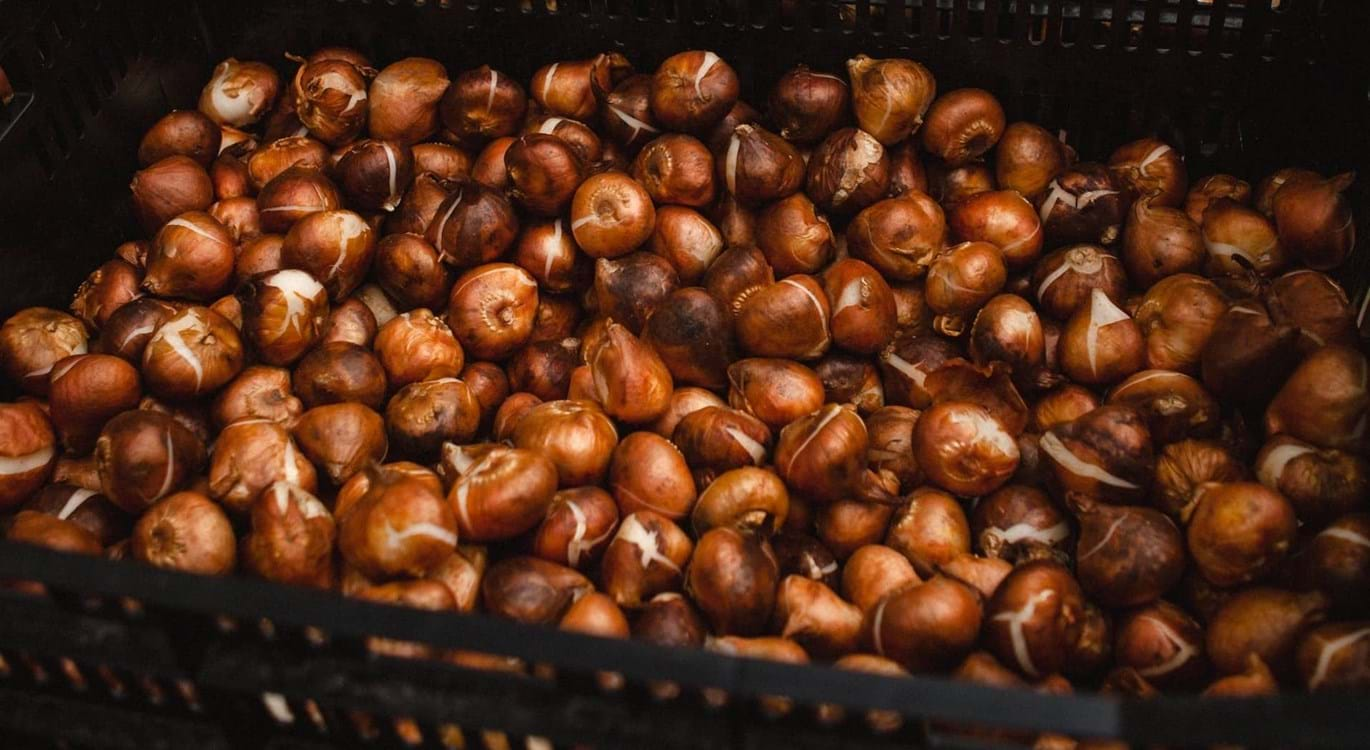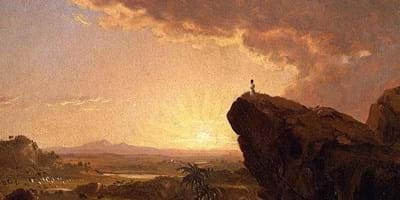There are some along the lane, a few by the play area, a clump or two by the chicken coop, another handful around the “bunkie” in the woods.
----
Gardening has never been one of my strong points, but there is something about planting a bulb in the autumn that I find oddly comforting.
Maybe it’s that there’s no immediate pressure – the long wait for any return on investment is expected and, in my case, welcomed.
Maybe it’s that there’s an element of surprise when, after the long sleep of winter, from under a very deep blanket of snow, memories of where exactly I placed each bulb having become a bit blurry, suddenly, the fruits of my labour appear, and I am so glad to welcome the evidence of spring and a new beginning.
Maybe it’s the connection to resurrection that I find so delightful . . . burying a seemingly dead thing in the dirt, and knowing that there is life in there that will spring forth when the time is right and God awakens it.
Whatever the case, I can’t help but feel like I’m hiding something special that will eventually surprise and delight, after the waiting is over.
----
The ground varied as I dug here and there. Just like the seeds in the parable of the sower in Mark’s Gospel, some of those bulbs are in tough ground, and some are lounging about in the loam. And I wonder how they’ll fare in the spring.
Will they all push through? Will they find the sustenance they need to stand tall and testify to the times and the seasons and the wonder of their Creator? How will they be affected by the traffic, the sunlight or shade, the rate at which the snow over their hiding spot melts away? Will some of them be so out of the way that no one will notice their message of hope, and live and die without an audience?
All these built-in autumn gardening concepts speak to me. Patience, faith, hope, blooming where I’m planted, my unique set of circumstances, planting now in order to harvest someday, burying treasure, investing in tomorrow . . .
-----
In 1 Corinthians 15, Paul gives this sowing and reaping analogy as a way for us to understand our brief time here in the present, compared to the glory that will come hereafter. What we are and do now is just like a seed or a bulb: plain, understated, easy to dismiss. But the potential is worth noting!
Planting our seeds requires faith and hope and patience. Is there really a day coming when everything we know will be transformed into something that no eye has seen, nor ear heard, nor heart fathomed (see 1 Corinthians 2:9)? Will obscurity really give way to glory? Will the waiting really be rewarded with burgeoning life when the time is right?
And this parable of autumn gardening is a microcosm of the grandiose plan of the Lord when it comes to life and eternity. What is sown in weakness will be raised in strength. What was corruptible will put on incorruption. What was mortal will be swallowed up by immortality. Death will be replaced with life. Struggle and strife will give way to peace and joy.
All the sacrifice and loss involved in laying down our lives in the dirt will be a faint and fleeting thing when compared with the eternal weight of glory they have accomplished (see 2 Corinthians 4:17). In that day, God’s kingdom will be the sphere in which we thrive, and the feeble earthly kingdoms that vied for our affections and enticed us away from sowing our lives for eternity will show themselves to have been only a mirage.
In this life, it is as though we are working in the autumn season with our hearts and our eyes fixed on the coming spring. And God promises throughout the Bible that it is going to be a glorious spring! Sow your one life for Him in this present season, and know that the reaping that follows in the coming ages will make it all worthwhile.
Jesus himself said, “I tell you a solemn truth, unless a kernel of wheat falls into the ground and dies, it remains a single kernel; but if it dies it produces a great harvest” (John 12:24 Mounce). “If you try to hang on to your life, you will lose it. But if you give up your life for my sake, you will save it” (Matthew 16:25 NLT). Or, as Jim Elliott phrased it: “He is no fool who gives what he cannot keep to gain what he cannot lose.”





























